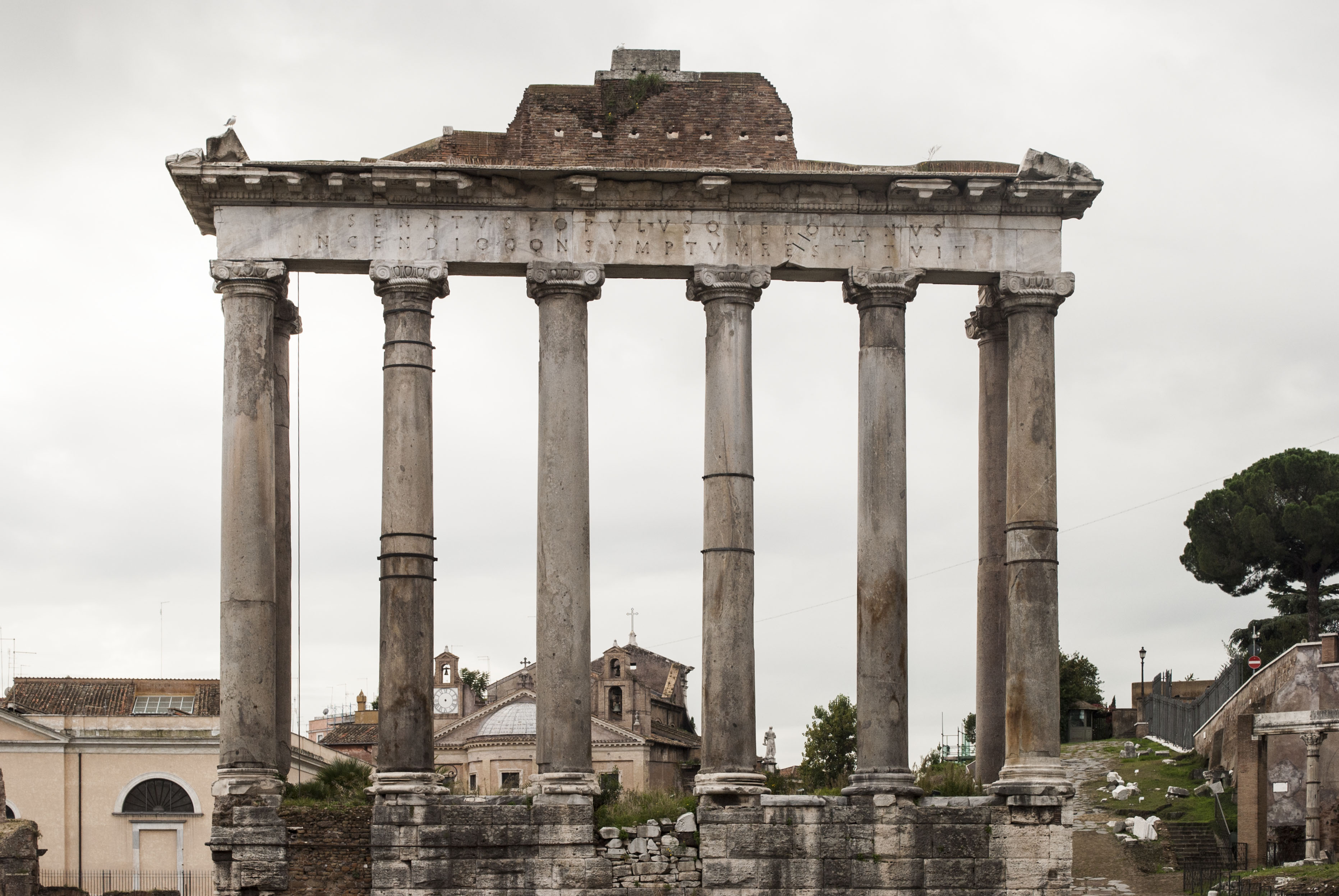CIL 10.809 (restored/rubricated)

Photo © MrJenkins
Romulus Martis
[f]ilius urbem Romam
[condi]dit et regnavit annos
duodequadraginta isque
primus dux duce hostium
Acrone rege Caeninensium
interfecto spolia opi[ma]
Iovi Feretrio consecra[vit]
receptusque in deoru[m]
numerum Quirinu[s]
appellatu[s est]
Romulus Martis filius urbem Romam condidit et regnavit annos duodequadraginta isque primus dux, duce hostium Acrone rege Caeninensium interfecto, spolia opima Iovi Feretrio consecravit receptusque in deorum numerum Quirinus appellatus est.
Translation from http://attalus.org/docs/cil/elogia.html#10.809
Romulus, son of Mars. He founded the city of Rome, and reigned there for 38 years. He was the first general to dedicate the spolia opima to Jupiter Feretrius, after killing the enemy general Acro, king of the Caeninenses. He was accepted among the gods, and was given the name Quirinus.










